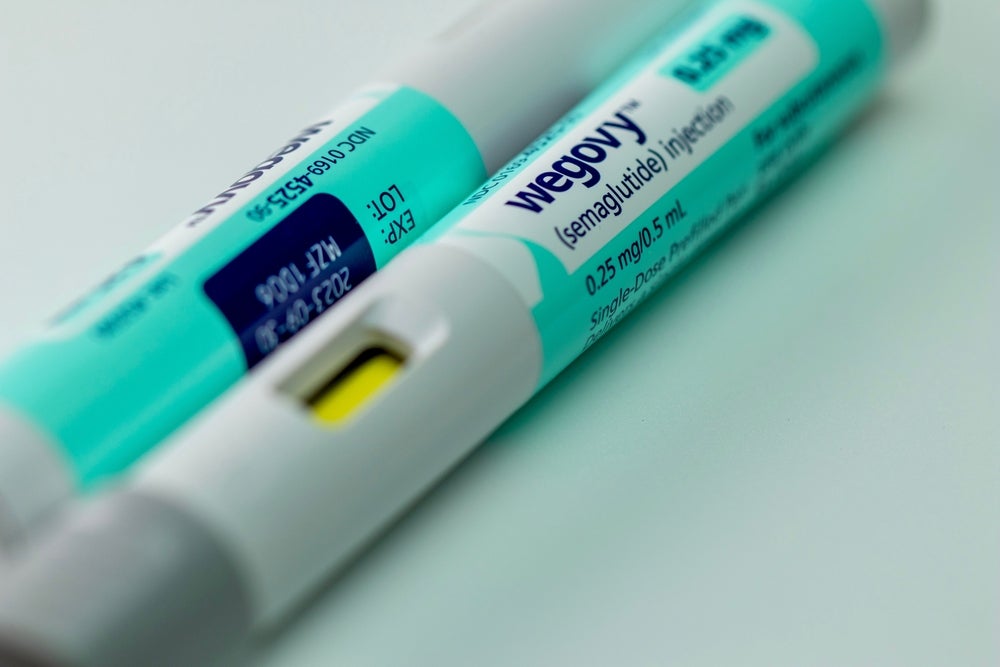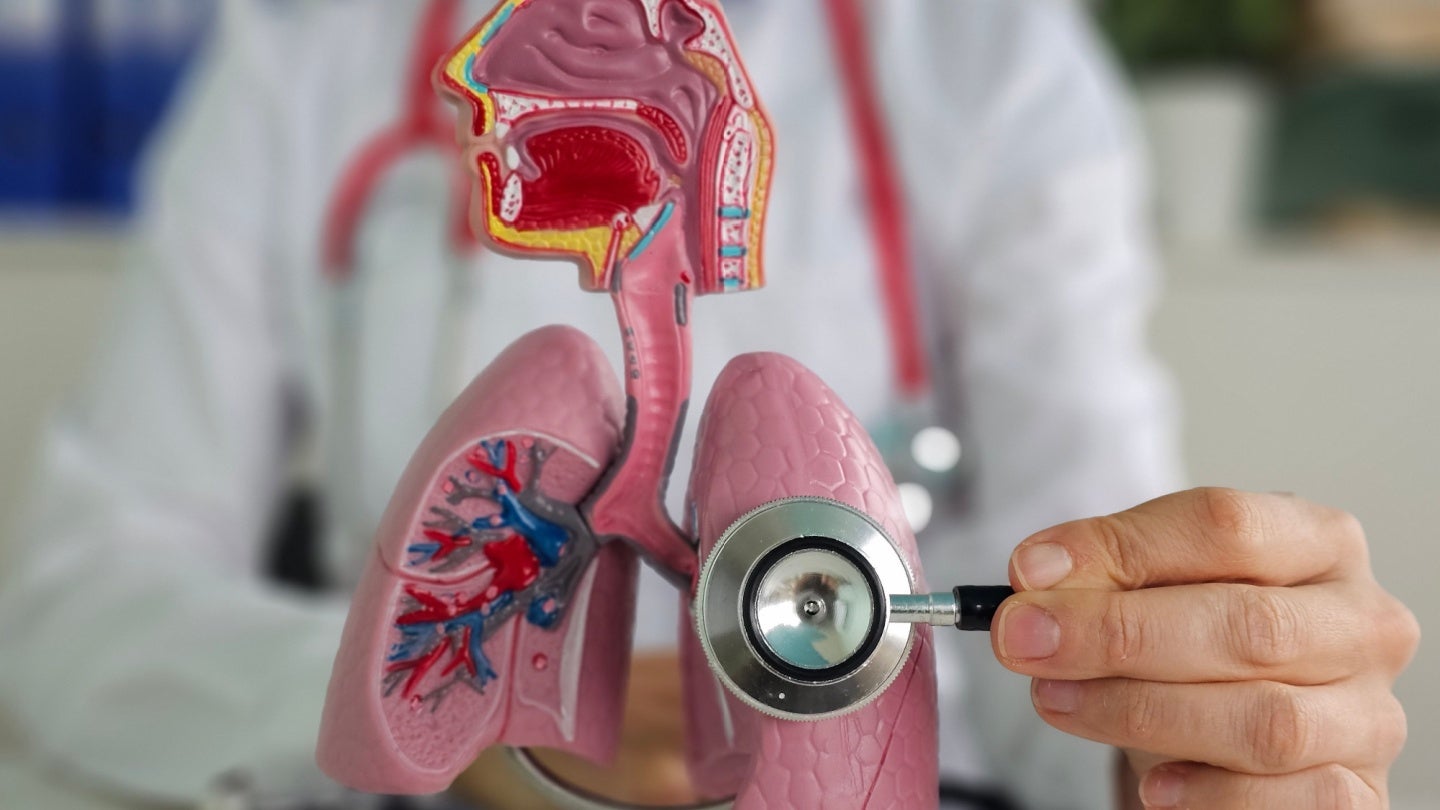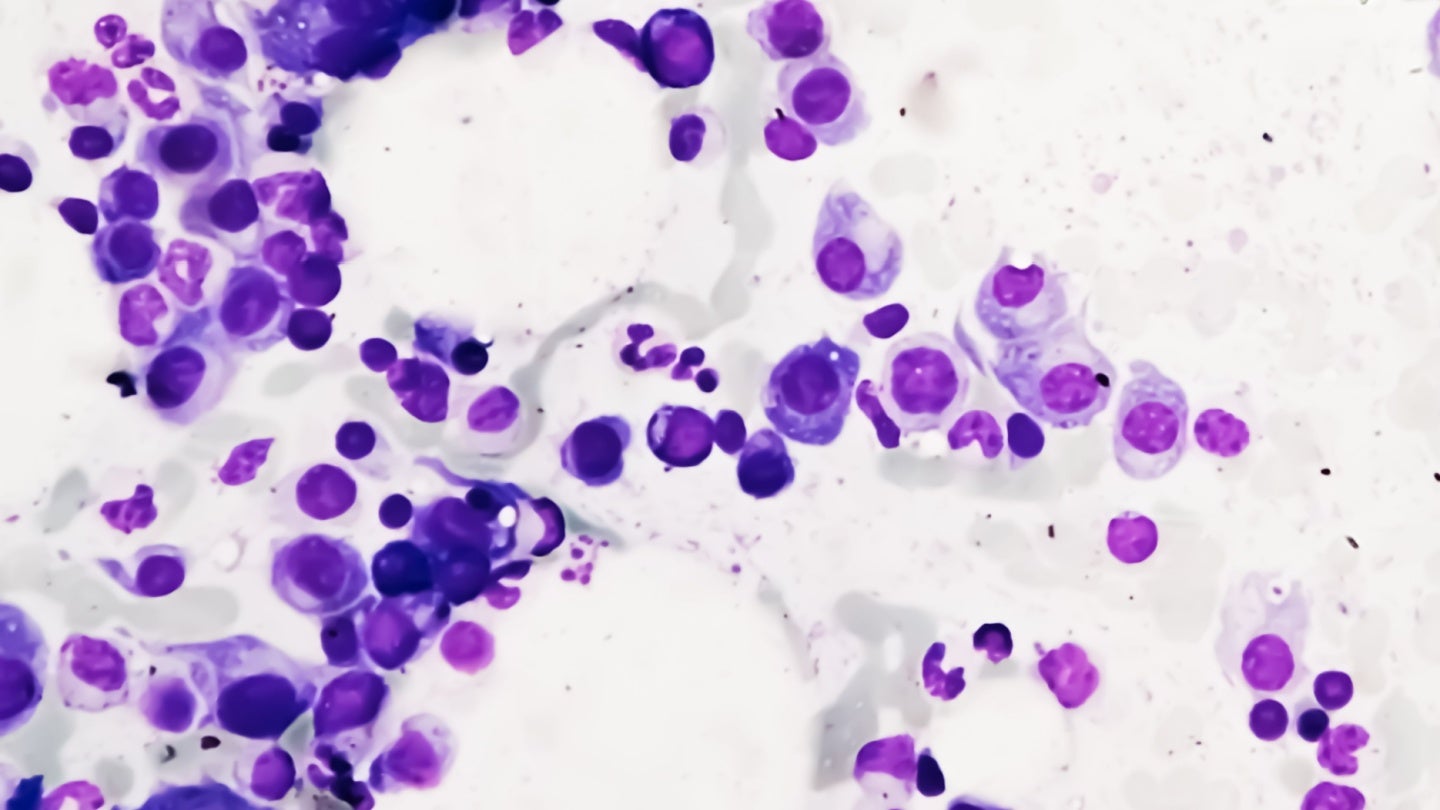Regenxbio And Nippon Sinyaku Pen $810M Gene Therapy Agreement
Regenxbio has struck a strategic partnership valued at $810 million with Japan’s Nippon Shinyaku to promote gene treatments aimed at the uncommon metabolic condition mucopolysaccharidosis (MPS). According to the agreement, which focuses on two of Regenxbio’s properties – RGX-121 and RGX-111 – Regenxbio will get $110 million upfront and may collect up to $700 million […]

Regenxbio has struck a strategic partnership valued at $810 million with Japan’s Nippon Shinyaku to promote gene treatments aimed at the uncommon metabolic condition mucopolysaccharidosis (MPS).
According to the agreement, which focuses on two of Regenxbio’s properties – RGX-121 and RGX-111 – Regenxbio will get $110 million upfront and may collect up to $700 million in research, legislative, and sales targets. Nippon Shinyaku acquires rights to help develop and commercialize the medicines in designated markets.
MPS comprises a collection of rare, hereditary metabolic illnesses resulting from the deficiency or dysfunction of certain enzymes necessary for the degradation of glycosaminoglycans (GAGs), which are intricate sugar molecules. The buildup of GAGs results in gradual tissue and organ impairment, developmental delays, and, in extreme instances, premature death.
RGX-121 (clemidsogene lanparvovec), the most developed candidate in the alliance, targets Hunter syndrome, or MPS II, a disorder resulting from an alteration in the iduronate-2-sulfatase (IDS) gene. RGX-121 is engineered to provide a functional variant of the IDS gene, targeting the root cause of the illness. Cognitive deficits, physical deformities, and organ expansion characterize Hunter syndrome.
In September 2024, Regenxbio announced favorable outcomes from the Phase II/III CAMPSIITE study with RGX-121, demonstrating an 85% median decrease in cerebrospinal fluid (CSF) concentrations of heparan sulfate (HS) D2S6, a critical biomarker associated with disease activity.
In June 2024, the firm reported advancements with the US Food and Drug Administration (FDA) concerning an expedited approval route, with a rolling biologics license application (BLA) filing in preparation. An expedited clearance decision is anticipated in 2025, and Regenxbio maintains privileges to a priority review voucher for RGX-121.
RGX-111 is in development for mucopolysaccharidosis type I (MPS I), which results from abnormalities in the α-l-iduronidase (IDUA) gene. The gene treatment seeks to introduce a functioning copy of the IDUA gene straight into the central nervous system (CNS), possibly mitigating dementia and other symptoms. Preliminary findings from an ongoing Phase I/II study indicate a favorable safety profile and encouraging biomarker results suggestive of central nervous system activation.
Regenxbio is making more progress on its larger pipeline of rare illness gene treatments. The company’s wet age-related macular degeneration (wAMD) initiative, ABBV-RGX-314, in collaboration with AbbVie, is undergoing assessment in two pivotal studies, ATMOSPHERE and ASCENT. Preparations remain in place for a Phase III trial of the treatment for diabetic retinopathy.
Additionally, the company is making headway with RGX-202, a gene therapy that is being developed for Duchenne muscular dystrophy. After the favorable results obtained from a Phase I/II study, Regenxbio has partnered with the FDA to expedite the approval process. The company anticipates submitting a BLA in 2026.
What's Your Reaction?

































